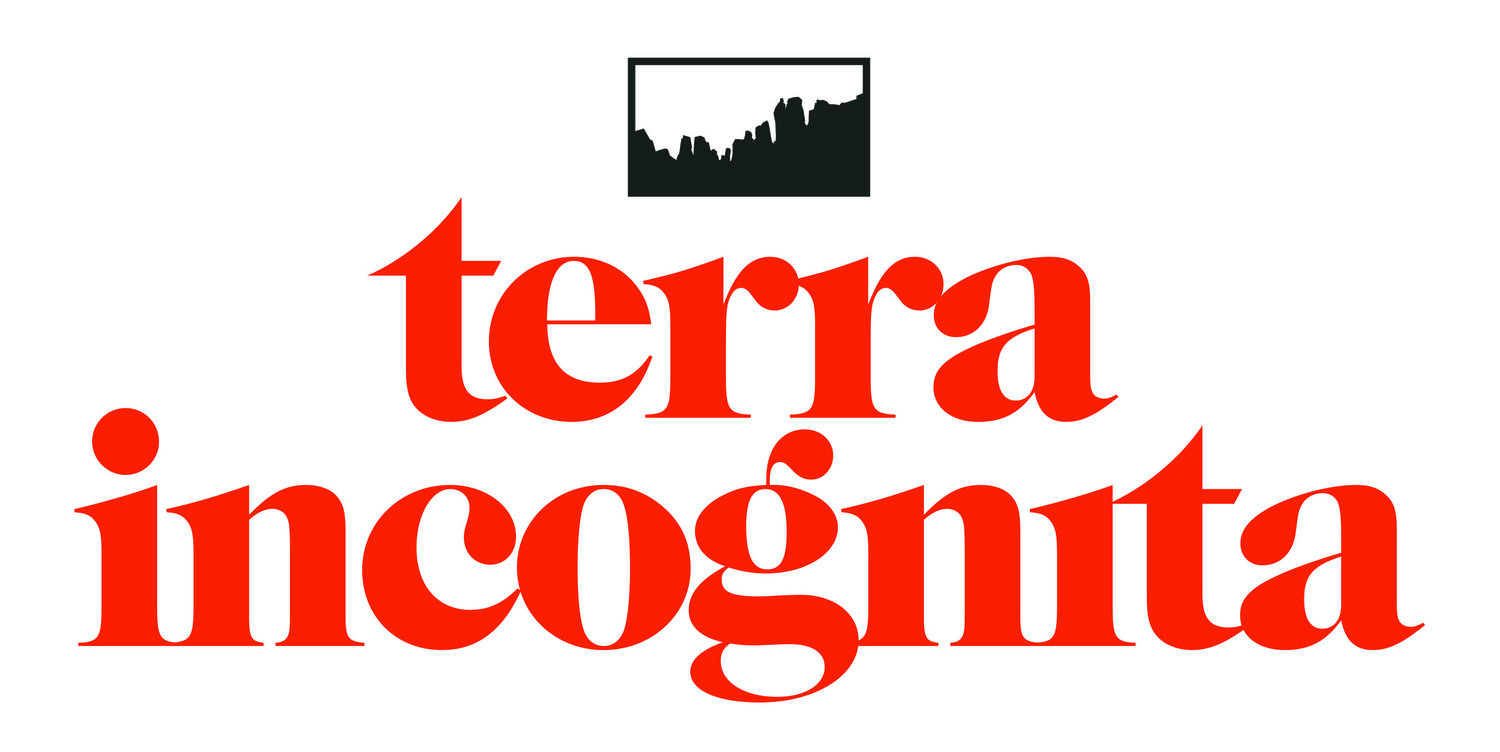Speaking Up Has Consequences: Angela Davis Proves the Struggle for Justice Won't be Palatable and Without Derision
"Justice is indivisible...injustice anywhere is a threat to justice everywhere." - Martin Luther King Jr.
In early 2019, Angela Davis was awarded the Fred Shuttlesworth Human Rights Award by the Birmingham Civil Rights Institute. And then the Institute's board rescinded it because she spoke out in solidarity with Palestine's fight for liberation.
“I had no idea when I was initially informed that I was to be the recipient of the Shuttlesworth Human Rights Award that it would lead to a national consciousness regarding internationalism and, specifically, regarding justice for Palestine,” Davis reflected at a press conference hosted at her elementary school in Birmingham, Alabama.
Sweeping public outrage complete with letters and messages of disapproval and wrath were directed at the board for their cowardly recall. Davis ended up traveling to her home town anyways for a public forum and moderated discussion with local activists in which the public was invited to attend.
The tickets for the event sold out in a heartbeat reflecting the enduring respect and appreciation the people of Birmingham have for the legendary scholar, activist, and former Black Panther party member who once faced the possibility of the death penalty.
Angela Davis has always been very clear that criticism of Israel doesn't equate to anti-semitism:
“How can a nation-state present itself as not subject to criticism? Can you name another state in the world?” Davis asked. “The equation of the criticism of the policies and practices of the state of Israel with anti-semitism is wrong.It is as important to be critical of the state of Israel as it is to be critical of the United States of America.”
Davis is no stranger to speaking out having received a lifetime of harsh, violent consequences, alienation, derision, contempt, and even a spot on FBI's 10 Most Wanted Fugitive List, for her dedication to liberation, collective struggle, and anti-oppression movements.
Last night I re-visited Angela Davis' speeches on YouTube and landed on this one she delivered at The University of New England.
I felt so affirmed and reinvigorated after listening, as I always do when I hear or read her words, but there was one part in particular that reminded me exactly of what I tell myself when I'm feeling disheartened at the lack of critical thought towards, acknowledgement of, and action against how systems of oppression manifest in our daily lives.
It was the Q+A portion of the event and one student in the audience was the president of White Coats for Black Lives and they asked, "We’re medical students and the health disparities among Black women, specifically, are unacceptably high...what advice do you have for future physicians going out into this world?"
This was Davis' powerful response:
"…I think what I would like to do in answering your question is to frame it more broadly so it does not only refer to the field of medicine, but that it refers to a range of other fields. It’s often assumed that one cannot do significant work in opposition to racism because one is situated in a particular place, in a particular job, in a particular arena, and one has to, in order to be an activist, one has to find the field of 'activism.' And in the imaginary, in people’s imaginary, you know, maybe it’s in the streets somewhere.
But in reality, racism and, you know, all of it’s linked forms of oppression, it has insinuated itself into all our institutions and work needs to be done everywhere no matter who you are, where you are, what you're doing, you can always create an arena of struggle, and I think it is important to point out that inclusion isn’t the last answer. It’s not the ultimate solution. We tend to fixate on these terms like 'diversity' and 'inclusion,' and that's all we talk about, and of course, diversity is important. Inclusion is important but even more important, justice, so that we don’t end up including previously marginalized groups into a world that remains as racist or as misogynist as it was before the inclusion."
Davis reminds us that we can be catalysts of change in our own spheres of influence. It can often be isolating and alienating when you're the only one, but building community is the key to remembering that you're not alone.
Thank you for being in this one and continuing the struggle alongside us.
All my feminist killjoy love,
Erin Monahan
Co-Founder, Terra Incognita Media
KEEP ON LEARNING
Here are some resources to help you along your activist journey that I've found useful in mine:
Tarot for the End of Times: This podcast hosted by Sarah Cargill (she/they) explores the question: How do we commune with metaphysical archetypes as ancestors of the collective during times of deep change? With their captivating story-telling, Cargill takes listeners who are motivated by the intersection of spirituality and justice on a journey through the Major Arcana cards of the Rider-Waite-Smith tarot deck. "Meet us at the crossroads where Black queer feminist spiritualities, mindfulness, and community care meet!" exclaims Cargill.
I think you'll love this conversation between Prentis Hemphill and Sonya Renee-Taylor called "The Body" on Hemphill's podcast Finding Our Way



